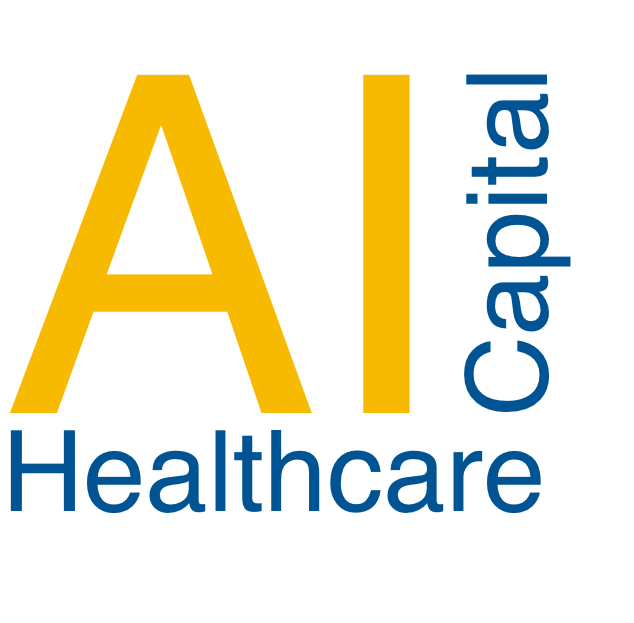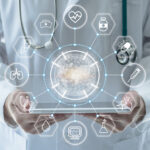by Ewelina Wołoszyn October 10, 2020
I have always loved to share my knowledge about things I am passionate about, so obviously I have shared my passion for emerging technology in the healthcare industry. Looking behind, I do know that some could be inspired by the article or start to pay more attention to the subject. Even a small grain that is sown today, could bring a tremendous change in the future.
One of my friends once told me that I am not in control of what stands in people’s minds and hearts, but speaking from the deep from the heart, always somehow will pay off. I was fortunate enough that my passion and experience was noticed by many, including media platforms. The article was published in one of the main platforms in Poland, Interia.pl.
Machine Learning is revolutionizing medicine
The AI market is one of the most dynamic markets in the world and it influences every aspect of our life. In 2017 it’s size is estimated at $45B. According to DeepMind experts it can grow to $30 trillions by 2030.
What is Machine Learning?
It is a field of knowledge combined with mathematics and computer science, and it’s origins date back to 1950. According to Artur Samuel – it creates opportunities for computers to learn without being directly programmed. It changes every area of our life, from transport, education, culture, finance, sales, to marketing, everyday devices and medicine.
Robots in medicine
The collaboration between the medical and technological communities has opened up many opportunities. One of them is to support doctors in performing complex operations. An example of such a solution is the Da Vinci robot, which, among others, completely reduced the hand tremor effect. This device is used during general, urological, cardiological, head and neck surgery.
Disease detection
Collecting, analyzing and processing data allows us to create better and better solutions that affect the early detection of diseases. During this year’s UN Forum in Cape Town, the World Data Lab presented a tool – monitoring the possibility of diseases in relation to the place of residence. This solution can be used to provide better solutions as well as detect health threats worldwide. In the future, the development of such solutions will accelerate the detection of potential diseases. Another example is Microsoft’s InnerEye, which helps in detecting diseases based on the recognition of images from medical records.
Drug design
A change has also occurred in the manufacture of drugs itself. The processed data is used to create the appropriate composition of drugs that will counteract pathogens. Work is underway on improving the composition of medicaments, discovering new drugs, and designing solutions for individual patients.
Voice assistants
Another form is the implementation of voice assistants who will be able to help in assessing the situation, solving problems without waiting for the consultant to appear or prioritizing the waiting list for a consultant. There are great possibilities here by adding this solution to the alarm zones.
Tailored medicine
Machine learning solutions are playing an increasingly important role in medicine. The cooperation between specialists and machines will increase. In the future, robots will support many medical experts. In addition, they will be helpful in even more detailed case studies, as well as prevention against the outbreak of diseases. Through the availability of data, appropriate analysis of them, people’s lives will be saved in many cases or the effectiveness of treatment will be improved.
Original text in Polish you can find under this link:






